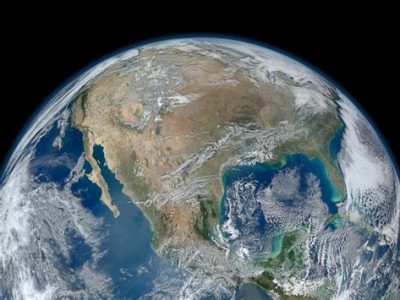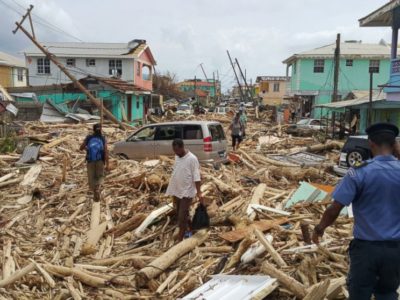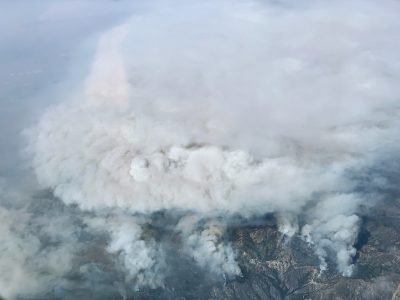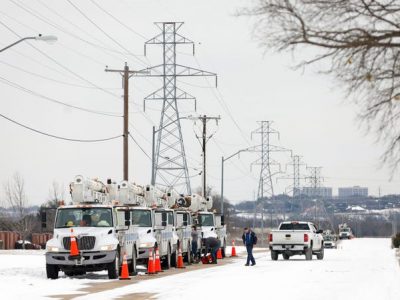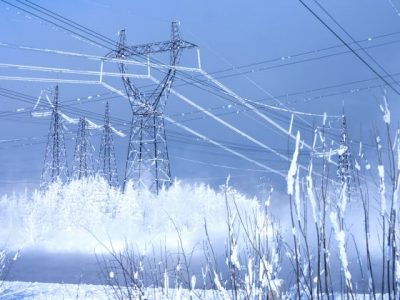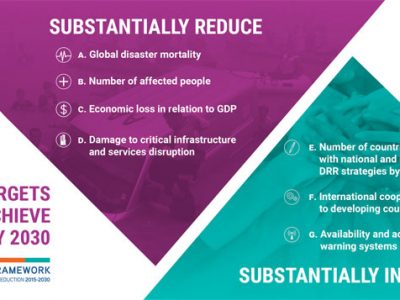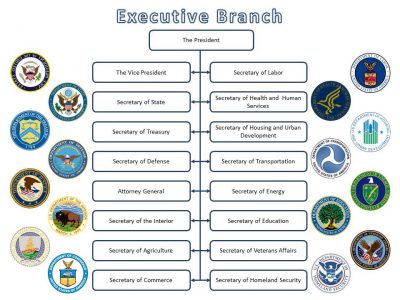Climate Adaptation
Report from Planet X
Help, our energy system screwed up our planet!
A long time ago, in another galaxy far far away . . . . Dear Galactic Governance Collaborative, Those of us who colonized Planet X now find ourselves in dangerous straits. We request urgent assistance due to escalating environmental instability. You’re thinking it’s not easy to screw up an entire planet. You’re right about that. …
Continue reading “Report from Planet X”
CONTINUE READINGWhat if someone just does it?
A scenario exercise on unauthorized use of solar geoengineering
Note: This post is co-authored with Jesse L. Reynolds, who recently completed an Emmett Institute Geoengineering Governance Fellowship As the climate crisis grows more urgent, unconventional technological responses are getting increased attention and controversy. We’ve written previously on Legal Planet about these technologies and their promise and risks. The most high-stakes and controversial of these …
Continue reading “What if someone just does it?”
CONTINUE READINGWhat If We Succeed?
If we “beat” climate change, what will we have to show for it?
Suppose we bring climate change under control and deal with its fallout. What will have we achieved? We will have prevented great harm. That, of course, is the main goal. Untamed climate change means an dangerous, ugly future for all of us on “Spaceship Earth.” Preventing that future is surely enough of a reason to …
Continue reading “What If We Succeed?”
CONTINUE READINGThe Hidden Green-Infrastructure Bill
Every year, Congress provides lavish funding for clean energy and climate adaptation. No one notices.
Biden’s green-infrastructure bill is headline news. Republicans are up in arms. Yet every year there’s already a green-infrastructure bill. Hardly anyone notices. Republicans vote for it without a fuss. Why? It’s part of the annual funding bill for the military. The Defense Department remains the biggest single consumer of energy in the country, and it …
Continue reading “The Hidden Green-Infrastructure Bill”
CONTINUE READINGWhat Have We Learned from Recent Disasters?
Disasters are getting bigger, badder, and less predictable. We need to adjust.
Hurricanes Harvey and Maria. California wildfires. Superstorm Sandy. The great Texas blackout. The list goes on. These mega-events dramatize the need to improve our disaster response system. The trends are striking: escalating disaster impacts, more disaster clustering, more disaster cascades, and less predictability. We need to up our game. Lisa Grow Sun and I discuss …
Continue reading “What Have We Learned from Recent Disasters?”
CONTINUE READINGGuest Contributors Leeza Arbatman, Michael Cohen, and Shawna Strecker: New California Bills Provide Pathway for Local Wildfire Risk Reduction in Southern California
SB 85 and SB 63 create opportunities for wildfire prevention strategies proposed by UCLA California Environmental Legislation and Policy Clinic
We are students in UCLA Law’s California Environmental Legislation and Policy Clinic, a course in which students work with legislative staff in the California State Legislature to advance environmental policy goals. In Fall 2020, working with staff for State Senator Henry Stern, we developed recommendations for local government efforts to manage wildfire risk. Now, new …
CONTINUE READINGHow Much Should Texas Invest in Grid Resilience?
The Texas blackouts provide a case study in how to think through resilience issues.
As we begin to think through the long-term response to the Texas blackout, there’s a lot we don’t yet know. The ultimate issues are how much resilience we need against events like this and how we should obtain it. It’s helpful to lay out the kinds of questions we need to be asking as we …
Continue reading “How Much Should Texas Invest in Grid Resilience?”
CONTINUE READINGThe Big Chill
What went wrong in Texas and what can we learn from it?
The rolling blackouts in Texas were national news. Texas calls itself the energy capital of the United States, yet it couldn’t keep the lights on. Conservatives were quick to blame reliance on wind power, just as they did last summer when California faced power interruptions due to a heat wave. What really happened? It’s true …
Continue reading “The Big Chill”
CONTINUE READINGThe Global Convergence of Disaster Law and Climate Law
Two very distinct areas of international law are finding more and more in common.
International climate negotiations may seem to have little to do with the work of such international relief organizations as the Red Cross. On the national level, EPA and FEMA are two very different agencies that historically have had little connection. The same has been true at the international level. But disaster and climate authorities are …
Continue reading “The Global Convergence of Disaster Law and Climate Law”
CONTINUE READING“Whole of Government” Climate Policy
We need the help of far-flung parts of the federal government to deal with climate.
President Biden will have to rely on administrative action to do much or all of the heavy lifting in climate policy. It’s clear that EPA has a central role to play in climate policy, but EPA does not stand alone. Other agencies also have important roles to play. Fortunately, the Biden transition team seems to …
Continue reading ” “Whole of Government” Climate Policy”
CONTINUE READING




